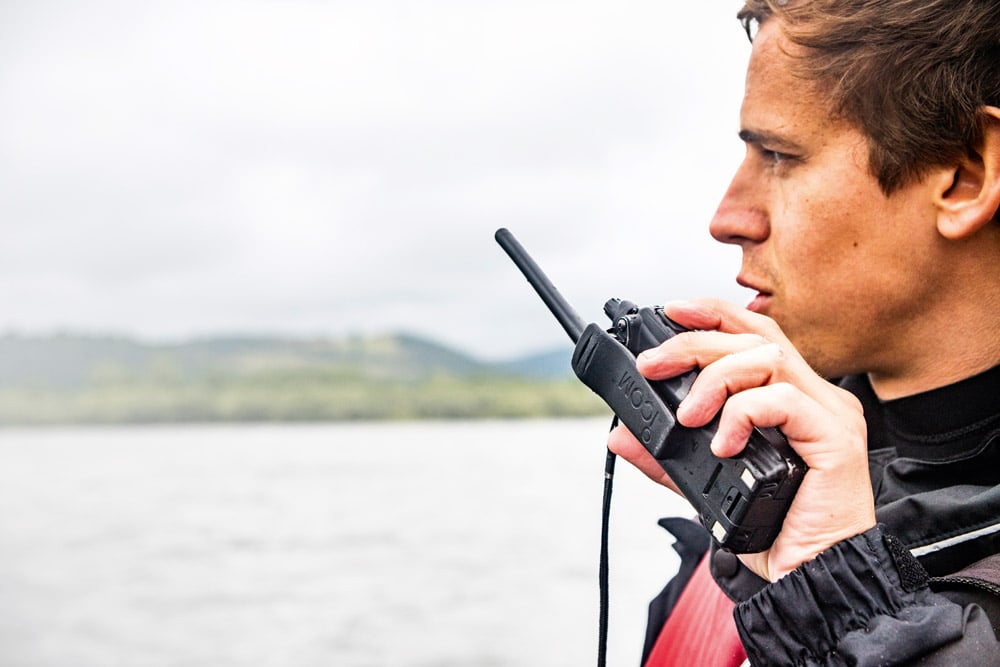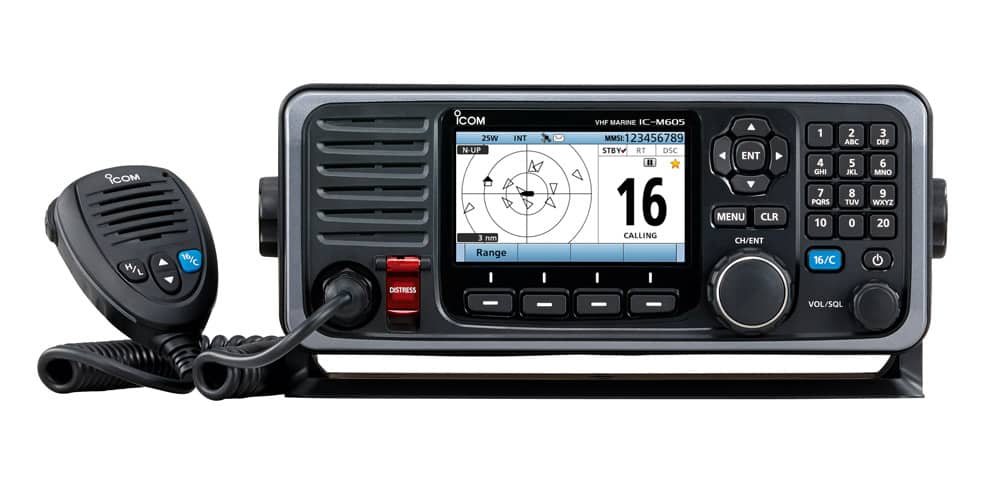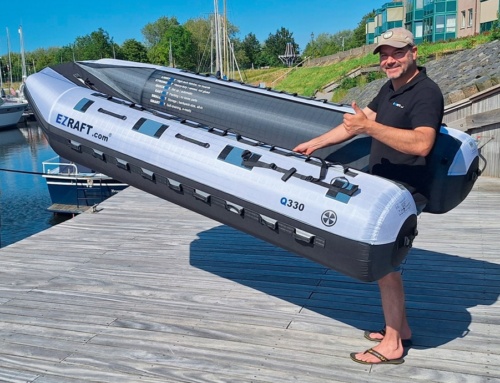The entire universe functions within the rudiments of just nine numerical digits, and increasingly these days, this includes the MCA and all those using DSC radios. In this article, we address commonly asked questions about DSC radios and their all-important MMSI numbers.
What’s in a number? Well, in the case of an MMSI (Maritime Mobile Service Identity) number, there’s a surprising amount. For each one of these distinct and unique nine-digit codes represents invaluable information that allows the maritime emergency services (primarily in the UK the Maritime Coastguard Agency [MCA]) to identify critical information about you, your craft and its position, as well as contact information relating to your registered address and next of kin. When you think about it, that simple number-based code holds an astonishing wealth of information – information that will not only make the work of the maritime rescue services faster and more efficient, but could also make the difference between life and death.
MMSIs and their benefits
Maritime Mobile Service Identity (MMSI) numbers are a series of nine digits used to uniquely identify a DSC (Digital Select Calling) radio or a group of DSC radios on a vessel. Communication has come a long way since the days when a ship’s radio merely offered the means for two entities to communicate audibly. These days, the likes of a DSC VHF radio and its commercial shipping counterparts have all manner of features built within them. These include not only GPS but the DSC’s critical automated distress calling ability. Indeed, modern radios have become brilliantly advanced compact items of equipment that draw on the benefits of both the latest microprocessing hardware and digital technology.
It’s all very well possessing the right equipment, but of course, like anything, in order to get the best out of a product, you have to become familiar with its features and then know how to use them. A radio with DSC capability, therefore, is, to a large degree, only as capable as its owner! If you fail to register the radio, obtain your distinct MMSI number and/or load in your personal details to enable it, this incredible technology and its benefits are wasted.
If, on the other hand, you haven’t yet upgraded your vessel’s fixed radio or your handheld VHF to a set that incorporates modern DSC technology, we strongly urge you to do so as soon as your circumstances allow. In the meantime, if your radio isn’t of the DSC type, don’t panic – it is still a valid communication device, and furthermore, it does not require an MMSI number in order to function. These older, more basic forms of VHF still provide you with means to communicate with the maritime rescue services whenever you may have the need to do so.

Just to be clear
An MMSI number has a standard format, just like a telephone number – one that enables it to identify the type of station, country of registration and vessel identity. Here in the UK, MMSIs are assigned as a part of the ship’s radio licensing procedure. But when it comes to sending a DSC message, the MMSI is automatically included, and you can even address messages to specific vessels or groups using their MMSIs.
If you have a marine VHF radio installed on your boat, you will need a ship’s radio licence, available from www.ofcom.org.uk. This can be obtained online for free, and you can also apply/register via post, but if you choose the latter option, the application form for a ship’s radio, which can be downloaded and printed off from the ofcom.org.uk website, is an item that’s charged for.
If you have more than one DSC fixed radio on your vessel, they should each have the same MMSI number. However, in the UK, any handheld DSC radio should be separately licensed and have its own MMSI number. Once an MMSI number is registered with Ofcom, the ITU and the MCA are informed, so if searched on the ITU (International Telecommunications Union) MARS (Maritime Access & Retrieval System) database, your MMSI number will appear. You will need to input the ship’s name and country and search for the owner’s details, but the ITU and MCA are informed to assist with SAR (search and rescue) operations.
Beware, though: an MMSI number can only be programmed correctly once, although you get two chances to validate the number, so go steady when stabbing in your prescribed number! But what happens if you have tried to enter your MMSI number twice and now the radio won’t accept another attempt? What can you do? SOLAS requires that all Marine DSC radios are allowed only a single attempt to input an MMSI number, so your only solution in this instance is to take the radio to a qualified marine radio dealer, who will program the MMSI number for you.
If you have recently purchased a used boat that includes a radio and you already possess your own MMSI number, is it possible to add yourself to the ‘new’ radio? The answer is, unfortunately, a definite no. In this situation, the radio will need to be returned to either your local dealer or the manufacturer.
What about handheld radios?
We’ve already mentioned handheld radios, but why exactly do handheld DSC radios need their own unique MMSI numbers? Because handheld DSCs can be carried from ship to ship, they must not be programmed with a ship’s MMSI. Think of the confusion for the rescue authorities if there was an incident. But anyone who already holds a Ship Portable Radio Licence can go onto the Ofcom website and simply add a VHF DSC handheld to their list of equipment. Again, licences are free of charge if issued online.
To be clear, you must not duplicate a number by putting your existing ship’s MMSI number into your handheld DSC radio. The latter must be a unique handheld DSC MMSI number, as given to you by OFCOM.
In conclusion
Lastly, what should you do if you sell your DSC handheld radio? In this situation, you will need to surrender your Ship Portable Radio Licence. This is because transferring the MMSI to the new owner yourself is not allowed. The process is dependent upon the new owner taking out a fresh licence themselves and registering anew. Of course, in any ‘event’, the Maritime Coastguard Agency will always respond to any distress call, automated or otherwise. But if it issues from a DSC set, then they will understandably want to be in receipt of all the correct details associated with that particular radio.
We hope this clears up a few of your questions about MMSI numbers. But one last reminder: if you are a user of a marine radio, fixed or handheld, you should by law be the holder of an operator’s licence.
If you have more than one DSC fixed radio on your vessel, they should each have the same MMSI number.










